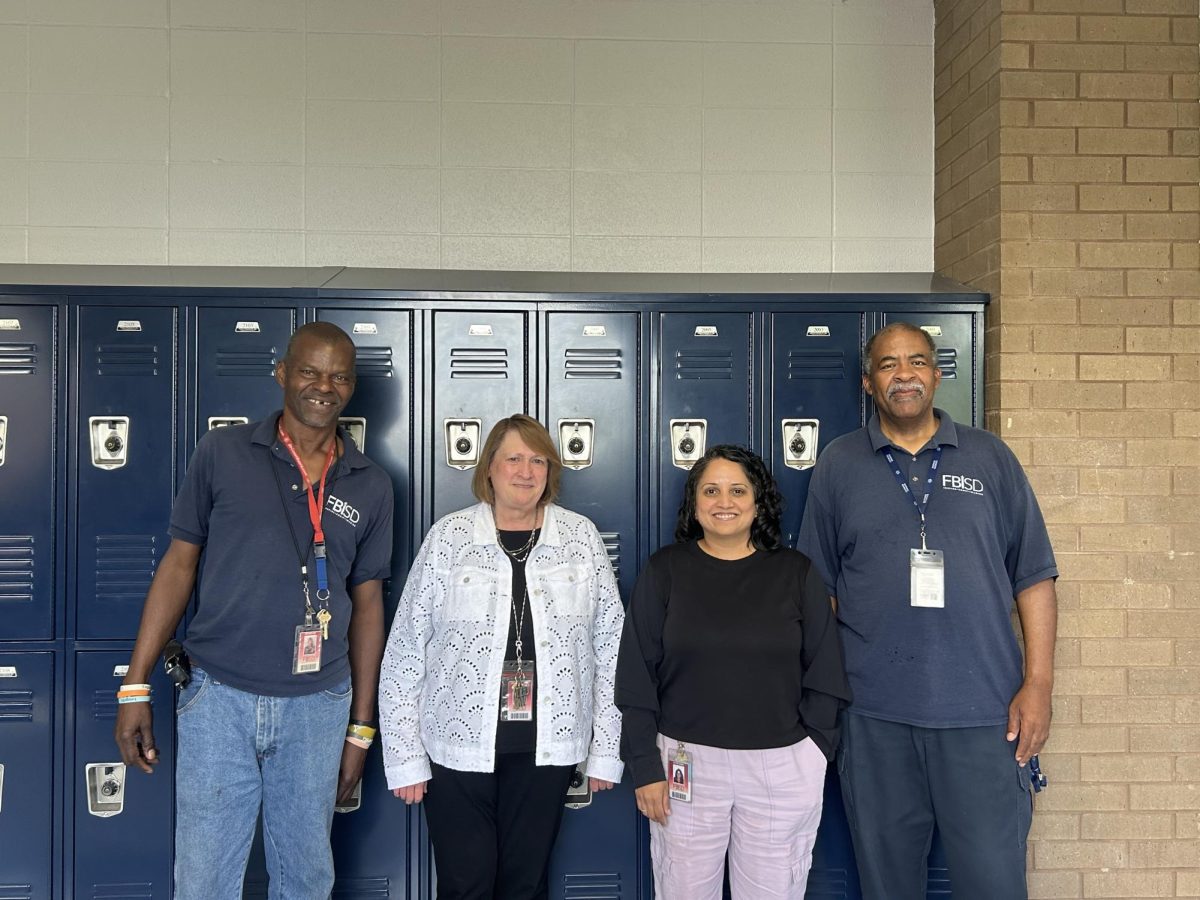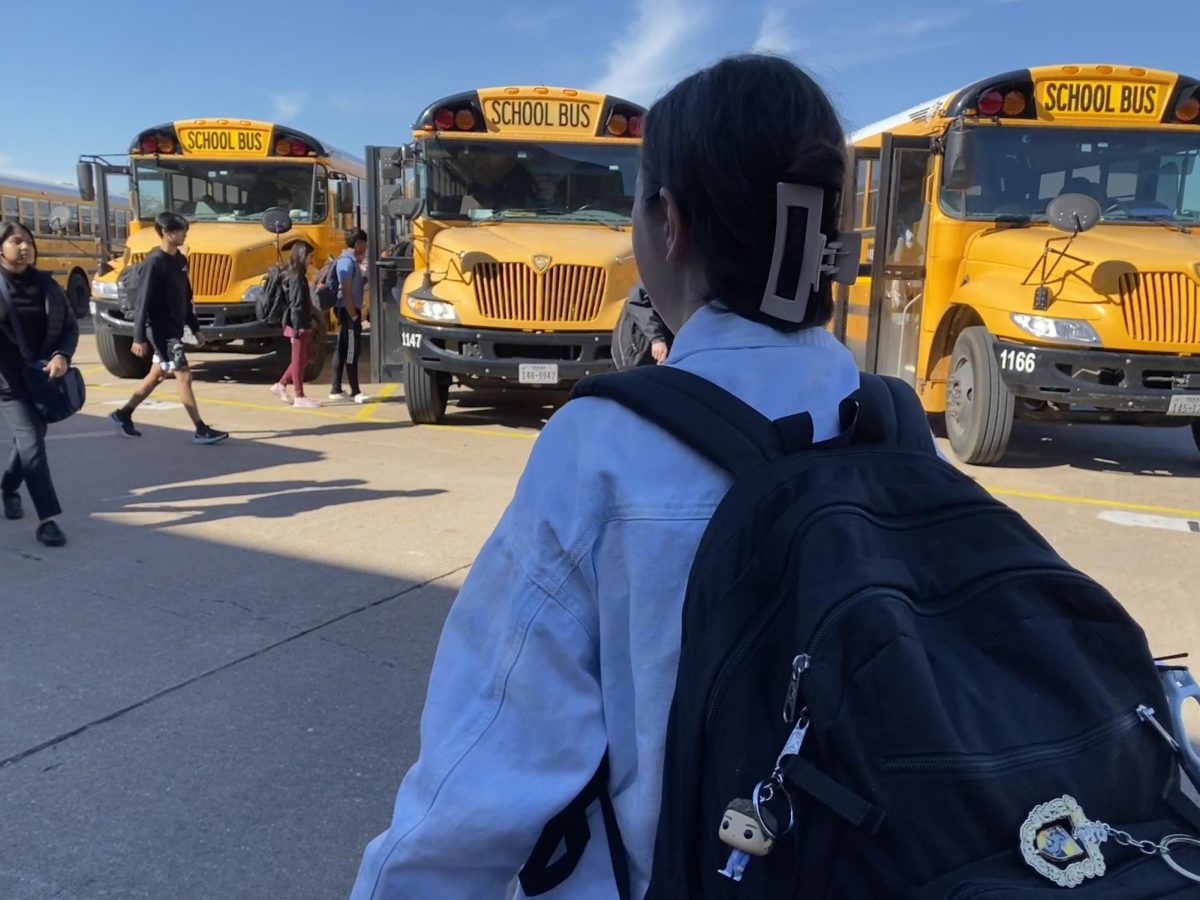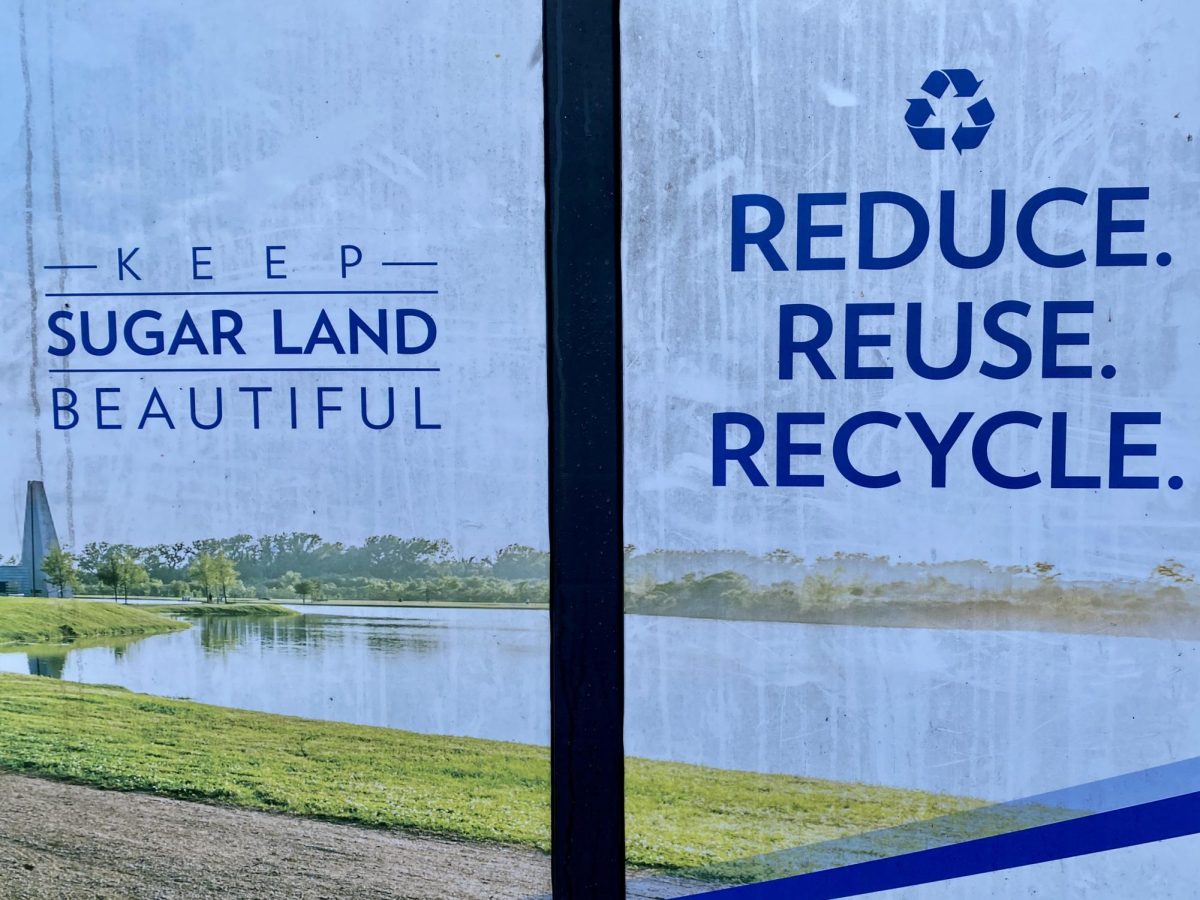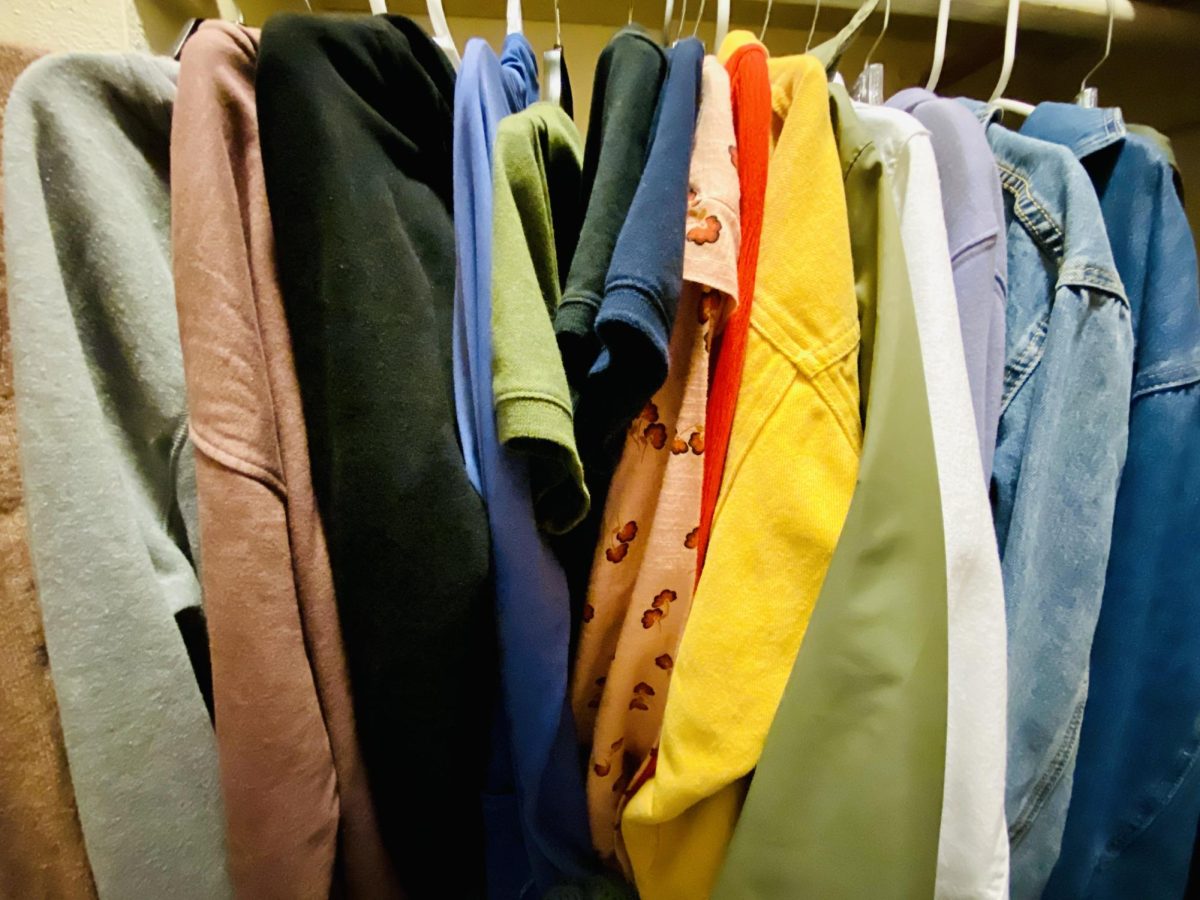From the 3 R’s to sustainable fashion, vegetarianism to biking, Forward Together takes an in-depth, student-oriented look at different climate solutions. To tackle the climate crisis is to understand its enormity while embracing change. Doing so requires taking to heart both the ‘why’ and the ‘how’ of climate solutions big and small; why climate action matters and how to go about taking climate action, ultimately toward the possibility of making a better future happen together.
The ‘Why’ of Forward Together
First, why care about the environment? Why is the climate crisis important? Without the answers to these initial questions, it is impossible to muster the passion and will to change; without a why, climate solutions become meaningless endeavors.
For some, caring about the environment stems from a love for nature and the realization that it is being threatened by the climate crisis. Vibrant coral reefs become bleached specters as ocean temperatures rise; forests turn to ashes as fires fueled by climate change rage. The climate crisis poses enormous consequences to every aspect of the natural world, as do human activities that contribute to climate change and further damage the environment, from overfishing in marine ecosystems to deforestation in biodiverse regions that is driving animal species to extinction.
Yet, as much as the environment encompasses the natural world, it is also deeply interconnected with society. The climate crisis is a personal problem as well.
Bleached coral reefs are not simply lost natural treasures, but also have consequences for marine life and the ocean ecosystem, which provides for the livelihoods of countless people. Natural disasters related to climate change cause destruction and death in communities. The greenhouse gases fueling climate change also damage human health, polluting the air and water that communities depend on. And a future in which every one of these consequences may be amplified is possible without immediate change.
Furthermore, the climate crisis is one of great depth; it poses implications for gender equality, racial justice, and justice on a global scale. The consequences of climate change exacerbate inequality and injustice on all measures, creating a moral case for climate action as well.
Regardless of who or where, the climate crisis is bound to touch the lives of everybody, therefore also presenting a clear ‘why’ for everybody to take climate action. Whatever the ‘why’, climate action is imperative. But how?
The ‘How’ of Forward Together
How can one person make a difference in a challenge so huge? With the knowledge that climate action must happen, the next question is: how?
The climate crisis is one of a global scale, in terms of its causes, effects, and the solutions required to address it. The actions of one person can seem entirely insignificant when compared to what needs to happen on a systemic level; indeed, action on the part of governments and corporations through policies and regulations can have an enormous ripple throughout society. Systemic action is crucial to address the climate crisis.
At the same time, individuals are not irrelevant in the conversation, though it is true that should the burden of the climate crisis fall entirely to one, two, or even a hundred people, their actions will not prove effective in creating systemic change to address the climate crisis.
But, when everyone believes that what they do doesn’t matter, nothing changes and the status quo remains. With the climate crisis, however, maintaining the status quo means catastrophe. Though action in isolation goes without reward, the compelling truth about individual choices is that they can spread; they gain momentum when individuals act as part of a larger cause.
To be inspired to act, an individual has to believe that they aren’t alone; with regard to the climate movement, any individual action is backed by trailblazing individuals and organizations in every sector of society, from fashion to food to flight.
That one individual cares about the climate crisis is a start, but the climate movement has already moved far beyond that; every new voice adds to an enormous call for action, a call big enough to inspire systemic change. Change is everywhere and every individual first step propels a larger vision forward.
When the responsibility for acting to protect the planet that all of us enjoy and depend on is left entirely to systems, individuals are left in a state of passivity and helplessness. As small as they are, individual choices matter; even the smallest drops of water will begin to rejuvenate a parched flower.
However, individual actions need not be one-size-fits-all. Some communities and people are far more affected by the consequences of the climate crisis than others and individuals in different situations will take climate action in different ways. Climate action is not a burden for a single person or community to bear. Action should be equitable, but the question of how to act depends on the extent to which action can be implemented as opposed to whether.
Everyone can help address the climate crisis, but they first must be empowered to understand why and how – why taking action matters and how they can act. Systems and individuals are intertwined, united by the need for a home. It is toward the common goal of protecting this home that systemic and individual action must come into play, neither possible without the other. By assessing the impact, individual feasibility, and systemic challenges presented by different climate solutions, the ‘how’ of climate action can come into focus.
Assessing Climate Solutions
The ‘why’ and ‘how’ of climate action come into play in every climate solution by weighing the action’s impact, individual feasibility, and systemic challenges.
First, the impact of a climate solution ties most directly to the ‘why’. Though actions like recycling may be as easy as a split-second change, other climate-friendly options can be quite financially demanding or time intensive, like opting for sustainable brands or choosing to bike rather than drive somewhere. It begs the question: why should I do it? Just how much does this one action matter in the grand scheme of things? Using statistics and science, individuals can determine for themselves whether the time and financial investment is worth the environmental benefit.
Second, the individual feasibility of a climate solution is the ‘how’. Buy an electric car? I don’t even have my driver’s license! Vote for climate-forward candidates? I’m still in high school! As much as students can want to help fight climate change, it’s easy to feel limited by the reality of being a teenager. Different climate solutions have different demands for time, money, and resources such as transportation, which should be acknowledged and taken into consideration when implemented.
Lastly, acknowledging the existence of systemic challenges adds another layer to the ‘how’ of climate action. Climate action on the part of individuals is a worthy pursuit, but it won’t succeed without reinforcement from governments and world leaders. Sometimes, the systems in which individuals must operate even constrain individual actions. It is crucial to detail these challenges as well as ways systems might promote and accelerate action on this front in tandem with evaluating the individual feasibility of any action.
Call to Action
All Forward Together climate solution posts will end in a call to action; the climate solution is the action in itself, but there are different facets to each one. Often, the call to action will be the simplest – a first step hopeful of change.











